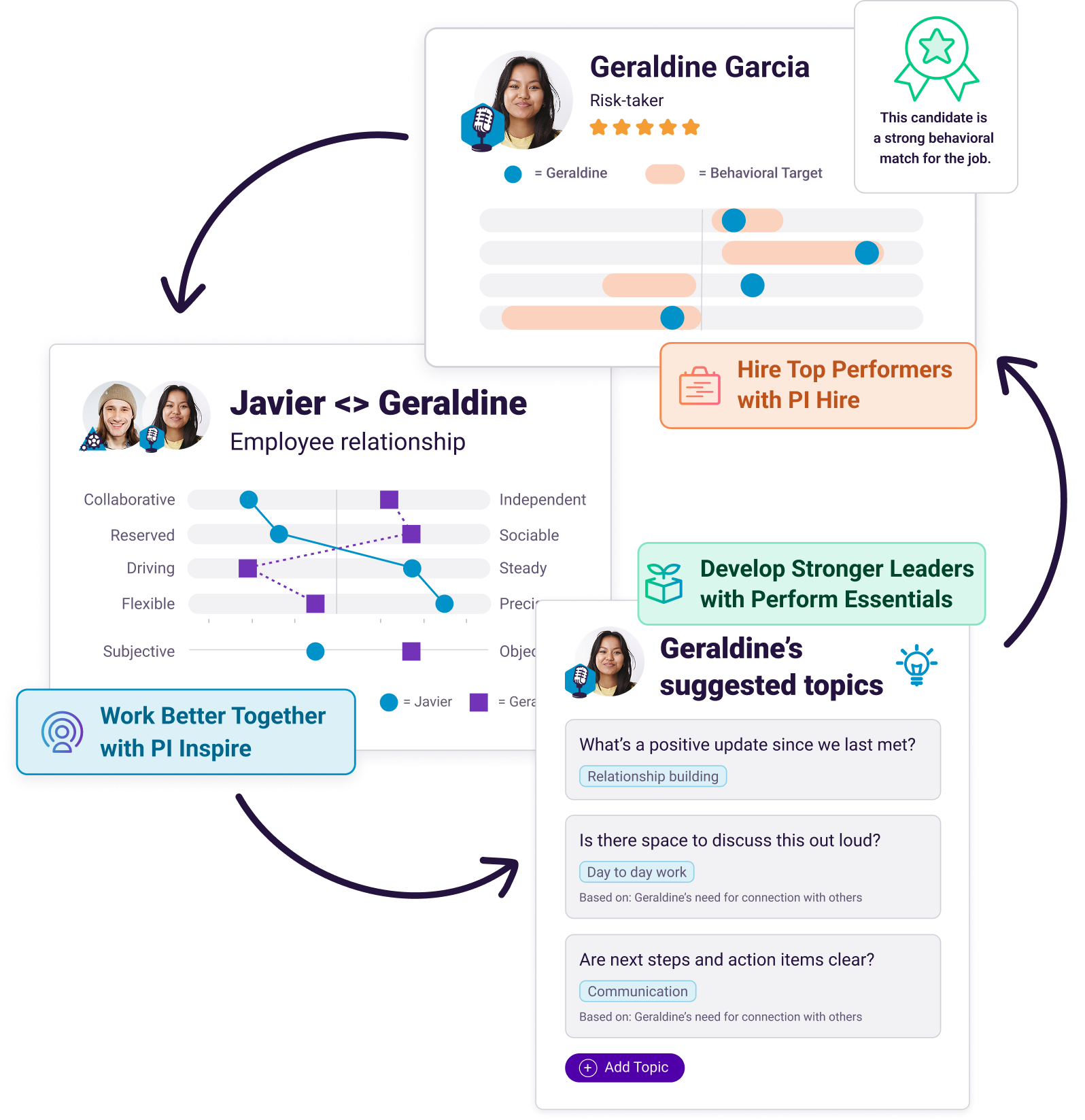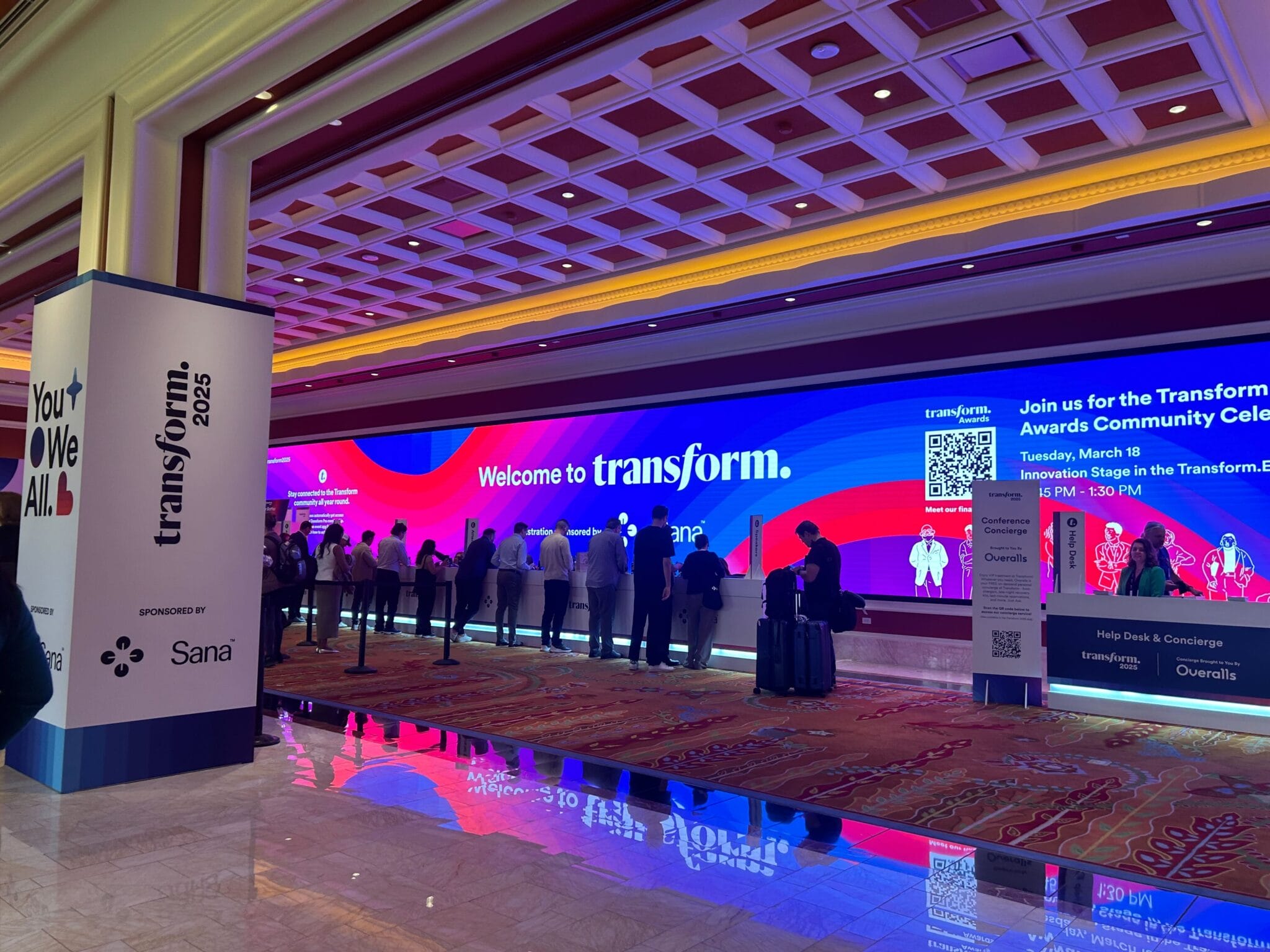There’s an old consumer-protection saying that “if a deal looks too good to be true, it probably is.”
For hiring managers I’d amend that adage slightly and say, “If a candidate seems too charming to be true, he probably is.”
Don’t get me wrong—there’s nothing wrong with charm in business. But there’s also data suggesting that too much of it, especially in a job interview setting, may be a red flag.
This is a key finding from a University of British Columbia study showing that narcissists often outperform more (appropriately) modest candidates in interviews.
When boasting creates a positive impression
The study found that the outgoing, charismatic personalities of narcissists gave them an edge over more typical candidates in the relatively brief interview environment.
“A job interview is one of the few social situations where narcissistic behaviors such as boasting actually create a positive impression,” noted Del Paulhus, a University of British Columbia psychology professor and the study’s lead author. The research found that narcissists tended to “talk about themselves, make eye contact, joke around and ask the interviewers more questions.” The net effect? Narcissists were rated “more attractive candidates for the position.”
The clear danger for hiring managers, however, is that narcissists, with their need for admiration and lack of empathy, can, in a work situation, be grandiose, impulsive and uncollaborative—hardly desirable employee traits.
How interviewers can avoid taking the bait
What actions can you take as an HR executive or hiring manager to be attuned to the signs of narcissism and avoid making a hiring decision that feels good at the time but you’ll probably later regret? Following are suggestions.
The University of British Columbia researchers advocate looking beyond force of personality and focusing on assessing “individual qualifications. Instead of superficial charm, interviewers must analyze candidates’ potential long-term fit in the organization.”
The American Management Association offers additional perspectives to help managers avoid problematic narcissistic hires. Among their tips are these:
Test a candidate’s ability to take criticism. “Narcissists can’t take criticism. During your hiring interview, if you critique something on their resume, or mention a negative comment you learned through your reference-checking process, you’ll see their guard drop and they’ll argue, or you’ll see their anger flare.”
Thoughtfully probe their feelings about collaboration. “Narcissists don’t like to give others credit. Ask the candidate to describe an accomplishment made by a team she served on and listen to how she handles the questions. Chances are, you’ll hear how she steered the entire process to victory.”
Pay close attention to how he describes previous employers and jobs. “Narcissists often subtly disparage former employers or insist they’re on the job market because no challenges remain with their former employers.”
Other tips to avoid hiring the wrong person
All of these are helpful points for interviewers to bear in mind. My own insight based on my years in business, which can apply to many hiring decisions, is to emphasize tangible, verifiable accomplishments and always resist being unduly swayed or impressed by force of personality. Such as charm. On several occasions I’ve seen serious damage done to organizations when the wrong (narcissistic) person was placed in a key management role.
Similarly, any tools that provide reliable insight into personality can be of value as well. Because the variances of personality, such as in this instance narcissism, can make all the difference into whether a new hire becomes a successful, productive member of the team. Or not.








